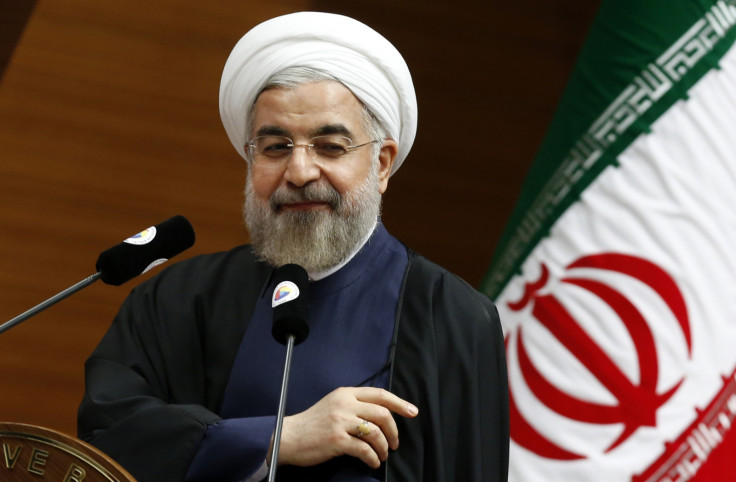Iran's Nuclear Threat is Five Times Bigger, Warns Ex-IAEA Chief
Former IAEA deputy chief says Iran could have up to 5,000 centrifuges

Iran could have five times more advanced centrifuges capable producing weapons-grade uranium than it has previously admitted.
According to Olli Heinonen, the former deputy chief of the International Atomic Energy Agency (IAEA), Iran could have up to 5,000 IR-2m centrifuges rather than the 1,008 it has claimed it possesses, the Sunday Times reports.
The IR-2m devices are up to five times more effective in enriching uranium than older IR-1 types.
Heinonen said Tehran could have between 4,000 and 5,000 centrifuges, or the raw materials for them, located outside two of its largest nuclear sites in Natanz and Fordow.
The former IAEA chief was speaking ahead of nuclear negotiations between Iran's Islamic regime and the P5+1 countries – Britain, the US, Russia, France, China and Germany.
Intelligence sources are concerned that the negotiations will only focus on what needs to be done about Iran's 18,000 or so IR-1 centrifuges and its 1,008 IR-2m devices.
Heinonen said negotiators should broker an agreement with Iran to give the IAEA full access to its centrifuges, and not only those in Natanz and Fordow.
Speaking at the Harvard University's Belfer Center for Science and International Affairs, Heinonen said: "They have manufactured 1,000 IR-2m centrifuges that the IAEA is aware of, and the negotiations with the US are going to focus only on the known 1,000 IR-2m and 18,000 IR-1, and not the additional centrifuges.
"There are indications Iran has acquired carbon fibre, the key raw material for the advanced IR-2m centrifuges to manufacture several thousand. The IAEA has seen 1,000 of them in Natanz and the key question is where are the rest?
"It is important to have in this verification scheme an agreement that the IAEA can also verify all the centrifuges in Iran and not only those which are in Natanz or Fordow."
Iran has repeatedly denied that it is building nuclear weapons in the face of accusations from the West.
Negotiations will take place on 24 November with the aim of reaching an agreement from Iran to disconnect most of its centrifuges in exchange for a "suspension" of many of the sanctions that have been imposed on the country.
In September, Israeli Prime Minister Benjamin Netanyahu warned that Iran's nuclear threat posed a bigger threat to the world than the Isis (Islamic State).
In a speech at the UN General Assembly, Netanyahu said the West should not be fooled by moderate Iranian President Hassan Rouhani's "charm offensive", and claimed that the leader was engaging in a "terror campaign" of his own despite speaking out against Isis militants in Iraq and Syria.
© Copyright IBTimes 2025. All rights reserved.




















